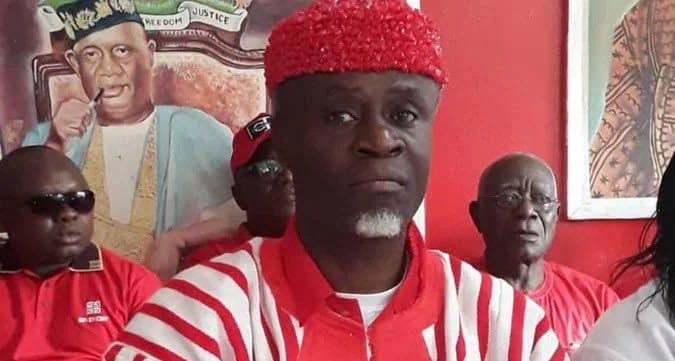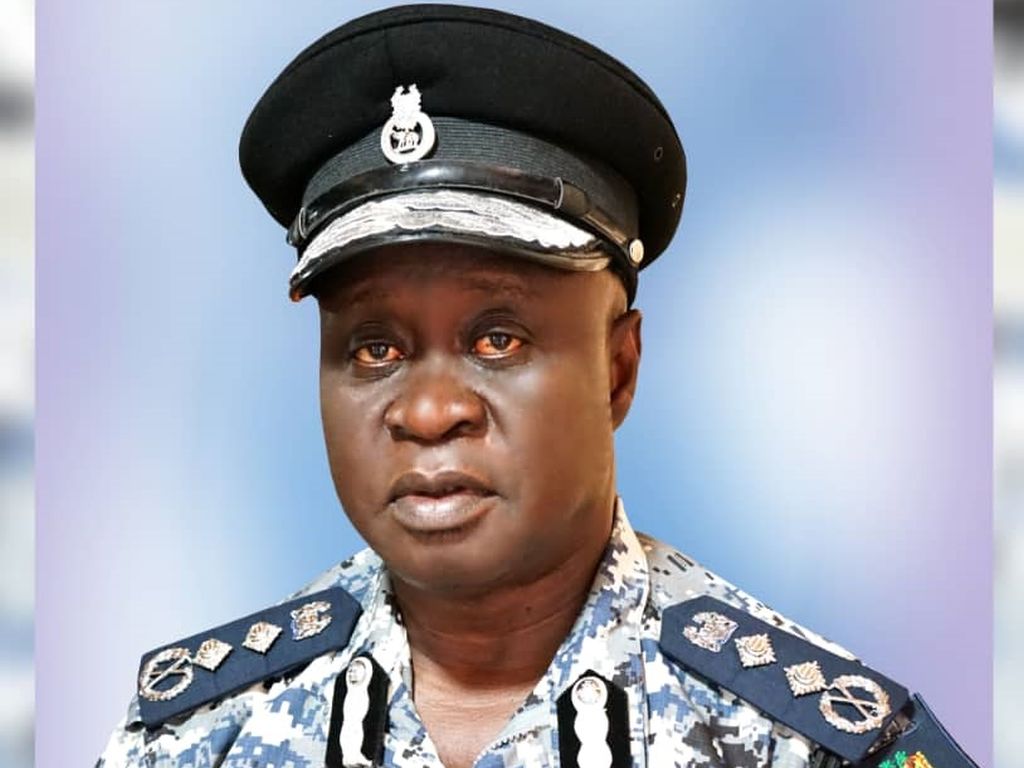By Hassan Osman Kargbo
The main opposition All People’s Congress (APC) has strongly rejected what it describes as an attempt by the governing Sierra Leone People’s Party (SLPP) to undermine democracy through the imposition of an expanded Proportional Representation (PR) system, the creation of new districts, and a proposed executive power-sharing arrangement. In a press statement dated 2 October 2025, the APC accused the government of trying to entrench itself in power and warned that such moves risk returning the country to de facto one-party rule.
The opposition party noted that the 1991 Constitution of Sierra Leone is explicit on the preferred electoral system, which is constituency-based First-Past-the-Post (FPTP). It argued that the PR system is only applicable in exceptional situations, such as during a national crisis, when constituencies cannot be drawn. According to the APC, Sierra Leone is not in a crisis, constituency boundaries remain well laid out, and therefore any attempt to replace FPTP with PR is unconstitutional.
“The overwhelming consensus of citizens nationwide, as demonstrated during consultations, has been for a return to the transparent FPTP system,” the statement read. “To ignore the will of the people is tantamount to trampling on democracy, and we reject it outright.”
The APC further condemned what it termed a unilateral move by the government to restructure the nation’s political map by creating and dividing districts without clear legal justification or proper public participation. It described the process as opaque, politically motivated, and devoid of transparency.
“We are deeply troubled by reports of districts being created or divided through processes that lack evidence-based assessment and community input. Such actions undermine democratic integrity and risk destabilizing the country,” the party warned.
The opposition also raised concerns about the proposed executive power-sharing model, which it claimed is designed not for genuine national cohesion but as a ploy by the ruling party to entrench its control. The APC cited failed experiments in other African countries where similar arrangements fuelled political instability and violence, stressing that Sierra Leone cannot afford such a risk.
In outlining its official position, the APC adopted six resolutions. Among them, it condemned the “planned unconstitutional restructuring” of the democratic system, rejected the imposition of the PR system, and demanded that the SLPP immediately cease what it described as manipulative actions undermining democracy. The party also called on the government to focus on the full and unconditional implementation of the Tripartite Committee recommendations, which it said remain the agreed roadmap for credible elections.
Furthermore, the APC appealed to all patriotic Sierra Leoneans, civil society, religious leaders, and the international community to take note of what it sees as dangerous developments aimed at subverting democracy. It pledged to mobilize all lawful and peaceful means of protest to defend the Constitution and the people’s right to choose their leaders through a transparent, constituency-based system.
“Sierra Leone belongs to all its citizens, not to a ruling party desperate to perpetuate its stay in power through constitutional fraud,” the statement concluded.













